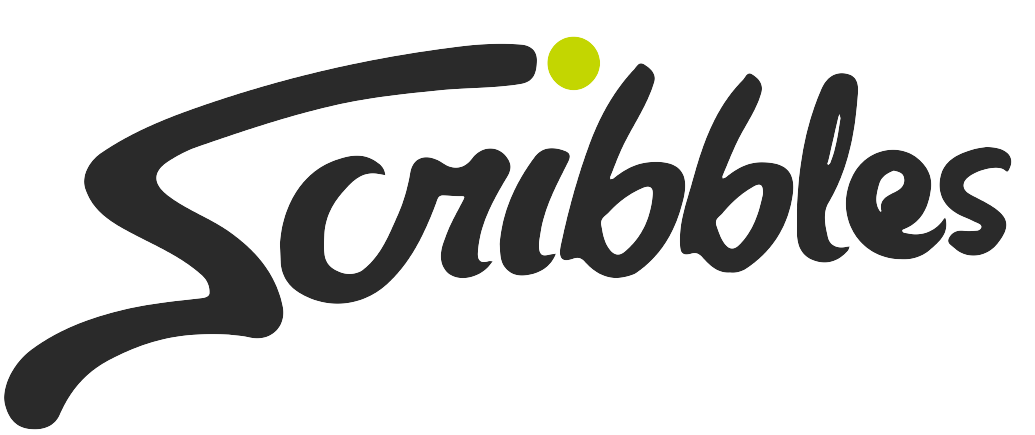Have you ever tripped over a comma and watched your sentence fall apart? Just like in grammar, people who can spot what’s right are quick to notice when something feels off. A missing comma can baffle a sentence; a missing principle can throw real life into confusion. That’s where idiomatic expressions come in. They provide us with clever, precise ways to describe tricky situations, whether playing by the rules, bending them, or navigating the gray areas in between.
These expressions also reflect real-life issues that are especially timely in our country, where the #LabanSaKatiwalian protest is now happening, September 21, 2025. Goes to show that English doesn’t just communicate ideas, it mirrors values, vocabulary and punctuation choices, and sometimes, consequences.
Before we begin with the idiomatic expressions, try putting your detective skills to the test! Check out The Case of the Missing Necklace and the Misplaced Comma! Four suspects gave statements, but only one is lying. Can you spot it?
Detective Lina arrived at the mansion to find the priceless necklace missing. Four suspects were questioned, and each gave a statement. Only one of them was lying. But she noticed something strange, not in what they said, but how they said it.
After flexing your detective skills with the missing necklace and the misplaced comma, it’s time to explore idioms that shine a light on both sides of the coin, from shady shortcuts and themes of corruption and dishonesty to shining examples of truthfulness, integrity, and transparency. No propaganda here, just fun ways to talk about doing right, doing wrong, and everything in between.
Corruption & Dishonesty
- Under the table – in secret, illegally.
The officer was caught taking money under the table. - Shady deal – suspicious or dishonest arrangement.
The land purchase was clearly a shady deal. - Hush money – money paid to keep someone quiet.
The whistleblower refused the hush money. - Cooking the books – falsifying financial records.
The accountant was arrested for cooking the books to hide losses. - Smoke and mirrors – deceptive actions meant to mislead.
The flashy projects were just smoke and mirrors to distract voters. - Lining one’s pockets – using position to enrich oneself dishonestly.
The official was accused of lining his pockets with taxpayers’ money. - Cover-up – an attempt to hide wrongdoing.
There was a cover-up to protect the powerful mayor. - Grease someone’s palm – to bribe someone.
They had to grease the officer’s palm to get the permit approved. - Bend the rules – to cheat slightly or avoid rules.
They bent the rules to award the contract to a friend’s company. - On the take – accepting bribes.
The staff was rumored to be on the take.
Integrity & Transparency
- Above board – honest and legal.
Their business transactions are always above board. - By the book – strictly following the rules.
The auditor did everything by the book. - Open book – transparent, with nothing to hide.
The NGO’s finances are an open book. - Come clean – to admit the truth.
The mayor finally came clean about the misuse of funds. - Lay one’s cards on the table – be open and honest about intentions.
She laid her cards on the table during the negotiation. - Straight shooter – an honest, direct person.
He has a reputation as a straight shooter in politics. - Whiter than white – completely honest and moral.
The candidate claimed to be whiter than white. - Walk the talk – to act according to one’s words.
Voters expect leaders to walk the talk, not just make promises. - Clear the air – remove doubts or suspicions by being honest.
The CEO held a meeting to clear the air about the corruption rumors. - Stand up and be counted – show integrity by openly supporting what’s right.
In times of corruption, we need citizens who will stand up and be counted.
Wrapping it Up:
Idioms don’t just make conversations more colorful, they also reflect the values people care about, like honesty, fairness, and trust. Just as good grammar makes our ideas clear and concise, the right expressions help us communicate with a little edge and impact. Whether it’s exposing shady deals or praising those who walk the talk, we hope that these idioms remind us that words can reveal more than actions alone.




